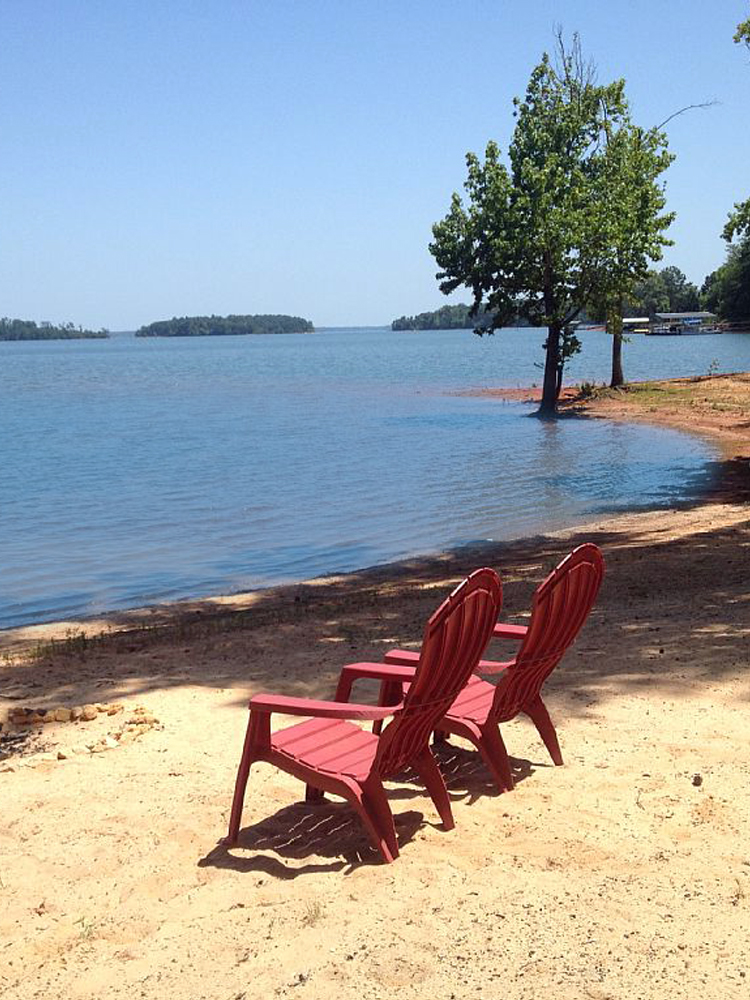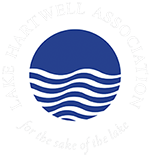About the LHA
The Lake Hartwell Association works to ensure the continued protection and enhanced value of our great water resource. The LHA advocates on behalf of its members in the areas of water policy, water quality, lake safety, state and federal regulations, and keeps members current on critical issues and changes in those regulations that could impact them.
How the LHA Pursues Its Mission
Advocates for positive state water policy.
The LHA is a member of the Georgia Water Coalition and participates on the Savannah Basin Advisory Committee for the Georgia Statewide Water Planning Process. The association has taken a strong position against sacrificing our future through interbasin water transfers. The LHA is also a founding member of the Hartwell Area Chamber and Municipal Coalition. It has promoted the need for an interstate compact between Georgia and South Carolina to further protect the long-term future of the Savannah Basin waters.
The LHA has actively engaged in the process to remediate PCB contamination and resulting fish consumption advisories in the lake. It has conducted independent water quality studies to verify the high quality of our waters for all lake users. Recently, the LHA started the Covekeeper network on the lake to identify and address water quality risks. Together with the US Army Corps of Engineers, the LHA co-sponsors the annual Hartwell Lake Clean Up Campaign and has promoted and led the effort to cleanup discarded foam bead dock flotation from the shoreline.
Promotes water and boating safety.
The LHA staff has developed the lake navigational brochure which has been widely praised for providing a concise source of navigational and state regulatory boating information. The Safety Committee maintains a children’s life jacket loaner program at all lakeside marinas through a Boat US grant program.
Advocates for sound and consistent shoreline regulation and basin management.
With the US Army Corps of Engineers, the LHA has promoted more conservative dock loading through the revised shoreline management plan. The LHA participated in the Savannah Basin Study process resulting in a revised drought plan which better protects our water levels. The LHA conducted an economic impact study, during drought conditions that demonstrated a business loss of over $120 million, to support better water management and has lobbied for federal funding for critical Corps projects, which will protect Savannah Basin water assets.
Networks with other water organizations.
To keep abreast of technical developments and share best practices, the LHA is a member of the Georgia Lake Society, the Lake and Watershed Association of South Carolina and the North American Lake Management Society. Various LHA members have given numerous presentations and conducted workshops at Regional Water Conferences.

The LHA’s Guiding Principles
Below is a list of our guiding principles for all lakeside land development. Please contact us if you have any questions regarding these guidelines.
- The Development will be constructed and maintained in a manner that will minimize the impact of point-source and non-point source pollution to Lake Hartwell.
- The first inch of runoff derived from all impervious surfaces will be filtered prior to entering Lake Hartwell.
- Erosion caused by post-development runoff will not exceed pre-development conditions and will strive to be less than that in pre-development condition.
- Silt fences will be installed and maintained at the site throughout the construction phase.
- To protect the lake, the perimeter of the project will be protected by no less than 50 feet of vegetated buffer; greater buffer will be set aside when appropriate and practical for the protection of the land and water.
- Buffers will be left natural or enhanced with deep-rooted native plants including native trees, native shrubs and native grasses adapted to the environmental conditions. Turf grasses and ornamental landscapes do not function as effective or sustainable buffers and are unacceptable.
- Paths and walkways will be constructed and located so as to minimize the impact on the buffer and lake shore.
- Human activities within the buffer will be minimized.
- No sanitary waste, either treated or untreated, will enter Lake Hartwell from the Development.
- All amenities developed in this project will be maintained over the life of the project so as to minimize negative impacts to the lake.
- Where shoreline stabilization is undertaken, it will utilize bio-engineering and other technology so as to enhance fish and wildlife habitat.
